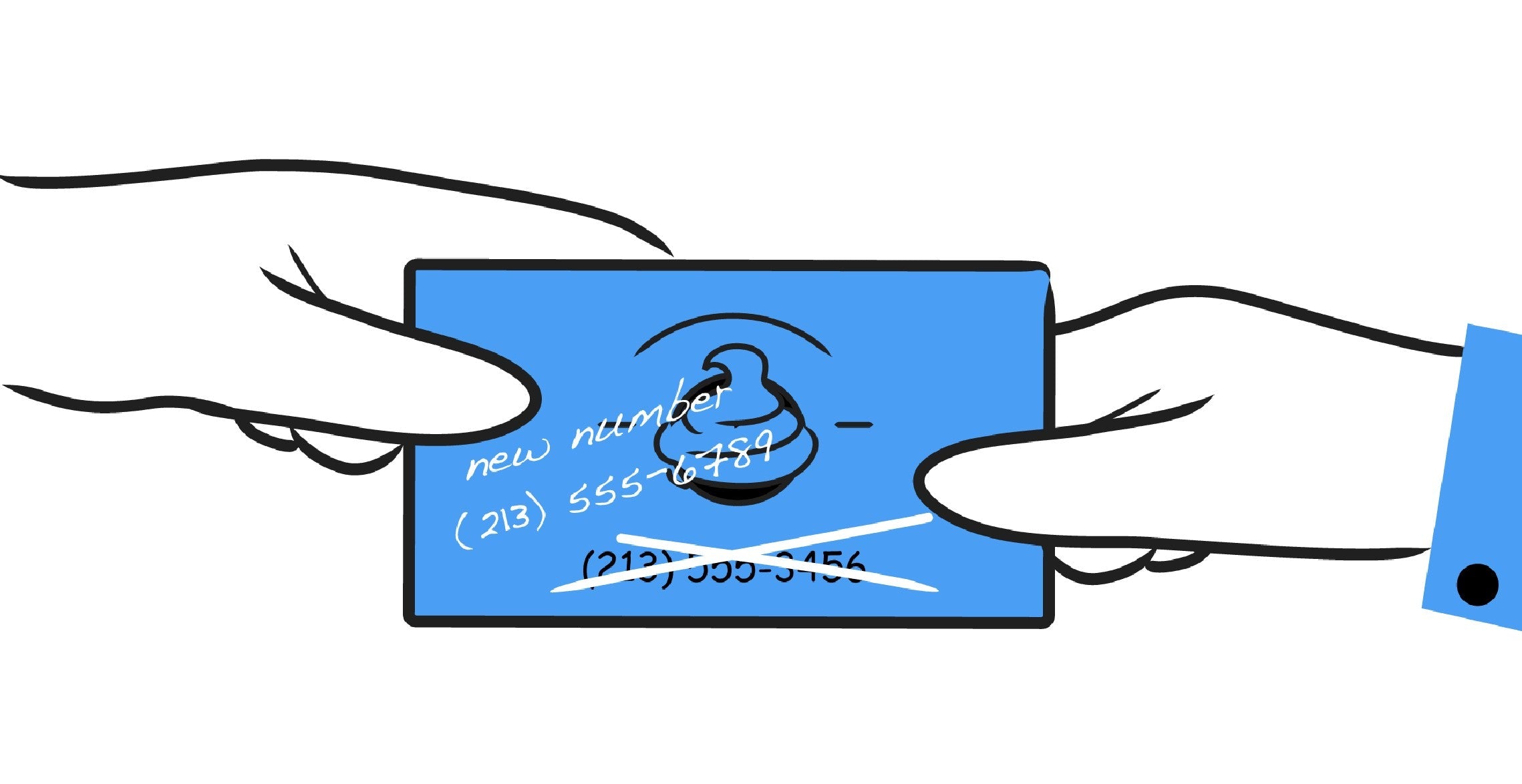In today's highly dynamic and competitive professional landscape, the call for continuous skill development and learning remains an ever-persistent theme. Whether you're a fresh graduate making your foray into the business world or a seasoned executive aiming for the next step on the corporate ladder, it's imperative to understand the significance of lifelong learning in shaping your career trajectory. At Popl, we firmly believe in the power of continuous education and its transformative effect on career progression.

From harnessing new technology tools such as Popl's digital business cards to mastering complex business strategies, the concept of learning transcends far beyond the traditional classroom. As highlighted in our lifelong learning blog post, continuous learning serves as the key to staying relevant, competitive, and successful in any career.
The Changing Landscape of Professional Success
Over the past few decades, the professional landscape has evolved dramatically. Modern advancements in technology, rapid digitization, and fluctuating market trends have emphasized the importance of adaptability. According to a study by Harvard Business Review, a commitment to lifelong learning plays a significant role in sustaining a fruitful and meaningful career in today's rapidly shifting professional ecosystem.
For instance, networking—a crucial aspect of career development—has evolved to encapsulate digital platforms. The power of Popl's digital business cards lies in their ability to adapt to this shift, providing a swift, sustainable, and interactive alternative to traditional business cards. By leveraging this modern tool, professionals can cultivate a more robust, extensive, and dynamic network—a key ingredient to a successful career.
The Role of Lifelong Learning in Career Advancement
Continuous learning aids in sharpening and upgrading your skill set, thereby making you more adaptable to industry changes and increasing your market value.
As elaborated in our tips for accelerating career growth, adopting a growth mindset is crucial for professional development. For those specifically looking at enhancing their organization's learning infrastructure, exploring LMS providers UK options can offer robust solutions tailored for varying needs.
This approach necessitates viewing challenges as learning opportunities and recognizing the importance of continuous upskilling.
Moreover, a commitment to lifelong learning isn't solely limited to technical skills—it also encompasses improving soft skills such as communication, leadership, negotiation, and emotional intelligence. Enhancing these competencies leads to more effective professional relationships and better performance, as highlighted in our article on the art of negotiation.
How Popl Facilitates Lifelong Learning and Professional Development
At Popl, we strive to empower professionals in their pursuit of continuous learning and career progression. Our digital business cards streamline the networking process, providing a sleek and innovative way to share contact details and social media profiles.
Meanwhile, our Popl Teams platform is designed to boost productivity and streamline lead management for sales teams. It not only simplifies networking, but also enables teams to learn from their customer interactions, fostering an environment of continuous learning. By analyzing and understanding customer data, sales teams can gain insights into their performance, leading to more informed decision-making and improved strategies.
In our commitment to promoting lifelong learning, we also offer a wealth of resources on our blog. From tips for effective project management to how to improve your professional communication skills our aim is to equip professionals with actionable insights to help them thrive in their respective fields.
Transforming Learning Into Career Progression
The journey of lifelong learning is not just about acquiring knowledge—it's also about applying that knowledge to real-world scenarios and turning it into professional success.
One vital area of application is networking. The ability to create and maintain strong professional relationships can significantly impact career progression. With Popl’s digital business cards, individuals can effectively expand their networks and foster valuable connections. As elaborated in our strategies for expanding your network, a robust network can open up new opportunities and pave the way for career advancement.
Moreover, Popl Teams presents a tangible application of continuous learning in the context of sales and lead management. By effectively using this sales enablement tool, professionals can transform their sales approach, improve customer relationships, and ultimately boost their sales performance, as highlighted in our blog post on how Popl revolutionizes lead generation.
Embracing Lifelong Learning as a Pathway to Success

From enhancing your current skill set to opening up opportunities for career advancement, the benefits of lifelong learning are vast and impactful. In the boardroom or the sales field, every professional encounter presents a learning opportunity that can shape your career trajectory.
At Popl, we believe in facilitating this process of continuous learning and development. Whether through our innovative digital business cards, our comprehensive Popl Teams platform, or the wealth of educational resources on our blog, we aim to support you on your lifelong learning journey. By embracing the ethos of continuous education, you're not only investing in your professional growth but also ensuring your resilience in the ever-evolving business landscape.
From the classroom to the boardroom, the quest for knowledge never ends—it only evolves, offering new paths to success and fulfillment. So here's to lifelong learning—the cornerstone of career progression in the modern professional world.
FAQ | Frequently Asked Questions
Q1: What is lifelong learning?
Lifelong learning is the ongoing pursuit of knowledge and skills throughout one's life. It can take many forms, including formal education, informal learning, and on-the-job training.
Q2: How can lifelong learning help my career?
Lifelong learning can help your career in a number of ways, including:
- Increase your knowledge and skills: By continuing to learn, you can stay up-to-date on the latest trends in your field and develop new skills that will make you more marketable.
- Advance your career: Lifelong learners are more likely to be promoted than those who do not continue to learn.
- Stay competitive: The job market is constantly changing, and lifelong learners are better positioned to adapt to change and stay competitive.
- Increase your job satisfaction: Lifelong learners are more likely to be satisfied with their jobs because they are constantly learning and growing.
- Improve your mental and emotional health: Learning can help to reduce stress, improve memory, and increase self-esteem.
Q3: What are some ways to engage in lifelong learning?
There are many ways to engage in lifelong learning, including:
- Take classes: There are many opportunities to take classes, both online and in person.
- Read books and articles: There are many books and articles available on a variety of topics.
- Attend conferences and workshops: There are many conferences and workshops that offer opportunities to learn from experts in your field.
- Network with other professionals: Networking with other professionals can help you to learn about new opportunities and stay up-to-date on the latest trends.
- Volunteer: Volunteering can give you the opportunity to learn new skills and gain experience in a variety of fields.
Q4: What are some challenges of lifelong learning?
There are a few challenges associated with lifelong learning, including:
- Time: It can be difficult to find the time to learn when you are working full-time and have other commitments.
- Money: Continuing education can be expensive, especially if you are not able to get financial assistance from your employer.
- Motivation: It can be difficult to stay motivated to learn, especially when you are not seeing immediate results.
Q5: How can I overcome the challenges of lifelong learning?
There are a few things you can do to overcome the challenges of lifelong learning, including:
- Set realistic goals: Don't try to do too much too soon. Start with small goals that you can achieve, and gradually increase your learning as you become more comfortable with the process.
- Find a learning style that works for you: There are many different ways to learn. Find a method that works best for you and stick with it.
- Find a support system: Having people to support you on your learning journey can make a big difference. Find a mentor, join a learning group, or talk to friends and family about your goals.
- Don't give up: There will be times when you want to give up. But if you keep going, you will eventually reach your goals.
Q6: What are some resources for lifelong learning?
There are many resources available to help you with lifelong learning, including:
- Your employer: Many employers offer tuition reimbursement or other programs to help their employees learn new skills.
- Your local library: Libraries offer a variety of resources for lifelong learning, including books, magazines, audiobooks, and online databases.
- Online courses: There are many online courses available on a variety of topics.
- Professional associations: Professional associations offer a variety of resources for lifelong learning, including conferences, workshops, and online courses.
Q7: What are some tips for successful lifelong learning?
Here are some tips for successful lifelong learning:
- Set goals: What do you want to learn? Why do you want to learn it? Once you know what you want to learn, you can start to develop a plan.
- Find a mentor: A mentor can provide you with guidance and support on your learning journey.
- Join a learning group: Learning in a group can help you stay motivated and accountable.
- Make it a habit: Schedule time for learning each week, just like you would schedule time for any other important activity.
- Don't be afraid to ask for help: If you get stuck, don't be afraid to ask for help from your mentor, a friend, or a librarian.
—
More from Popl
- The Value of Personal Branding: How to Stand Out in a Competitive Job Market
- The Importance of Emotional Intelligence in Sales Roles
- How to Build Your Professional Network with In-Person Events















